Feeling great should be your natural state of being, yet many people are struggling with anxiety and depression. Studies show that mental health problems are on the rise and therefore, knowing how to feel good on demand is becoming absolutely essential.
Dopamine is the important chemial messenger in the brain, and it is involved in many functions. This includes rewards, motivation, memory, attention and even regulating body movements.
Feelings of pleasure and reward are created when dopamine is released in large amounts. Dopamine motivates you towards repeating specific behaviours. By contrast, low levels of dopamine are linked with reduced motivation and a decreased sense of enthusiasm for things that would otherwise be exciting to most people.
For people with Parkinson’s Disease, there isn’t enough of this important chemical in their brain and so the dopamine-producing nerve cells begin to die.
Dopamine levels are naturally regulated within the nervous system but there are certain things you can naturally do to increase these levels…
1. Eat More Protein
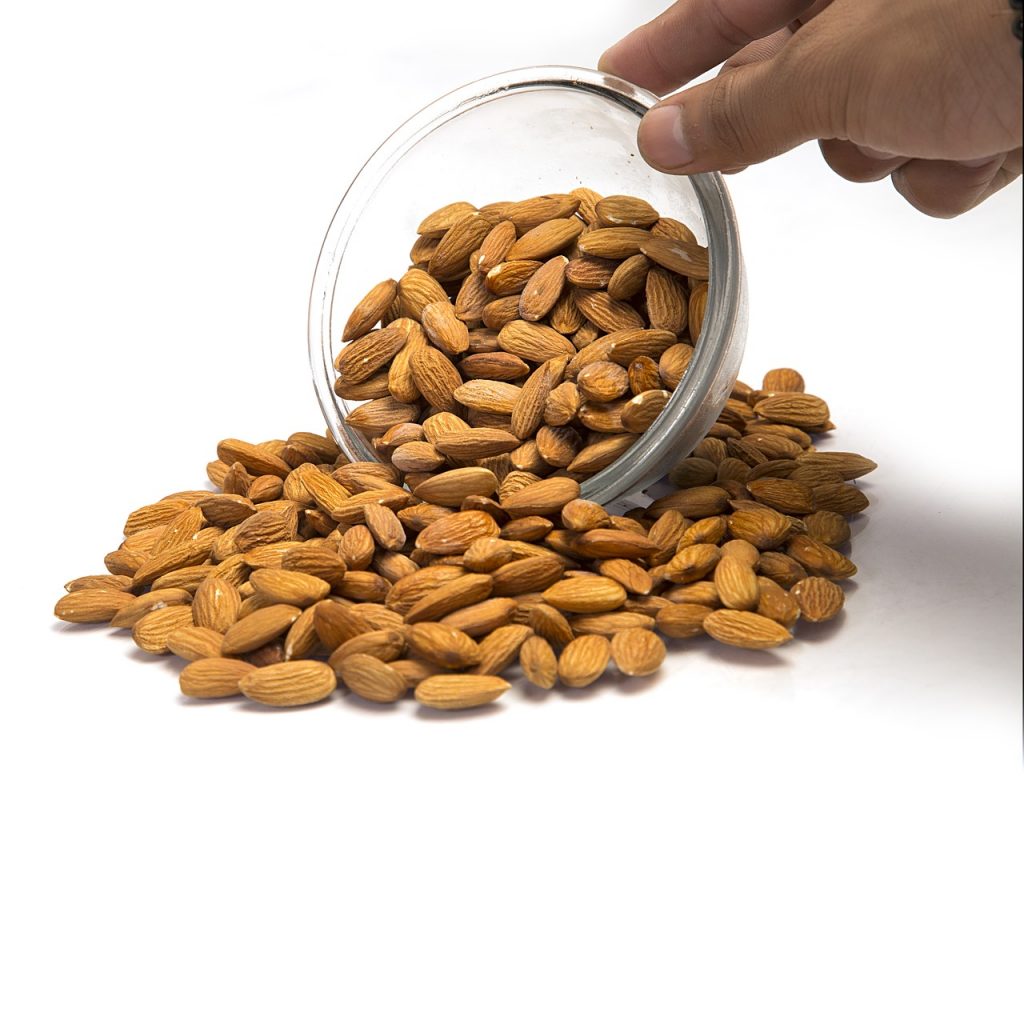
Protein is made up of small building blocks called amino acids. There are 23 of these amino acids, some of which your body can synthesize and others that can only be taken from food. One of these amino acids is called tyrosine and this plays a critical role in dopamine production. Good sources of proteins include nuts and seeds, lentils, quinoa, buckwheat, amaranth and seafood such as salmon.
2. Eat More Healthy Fats

Avoiding saturated fats is essential. Instead choose healthy fats such as avocados, nuts and seeds. Some animal research has suggested that saturated fats found in animal fat, butter, full-fat dairy may disrupt dopamine signaling in the brain when they are consumed in large quantities.
One study found that rats that consumed 50% of their calories from saturated fat had reduced dopamine signaling in the reward areas of their brain, compared to animals receiving the same amount of calories from unsaturated fat.
Therefore eating foods high in monounsaturated fatty acids is highly recommended instead. These include avocados, nuts and seeds. Eating plenty of leafy greens and dark skinned fruits will also provide many healthy benefits. Avocados in particular are a rich source of Omega-3 fatty acids that studies show may help to improve your emotional health.
3. Eat Lentils
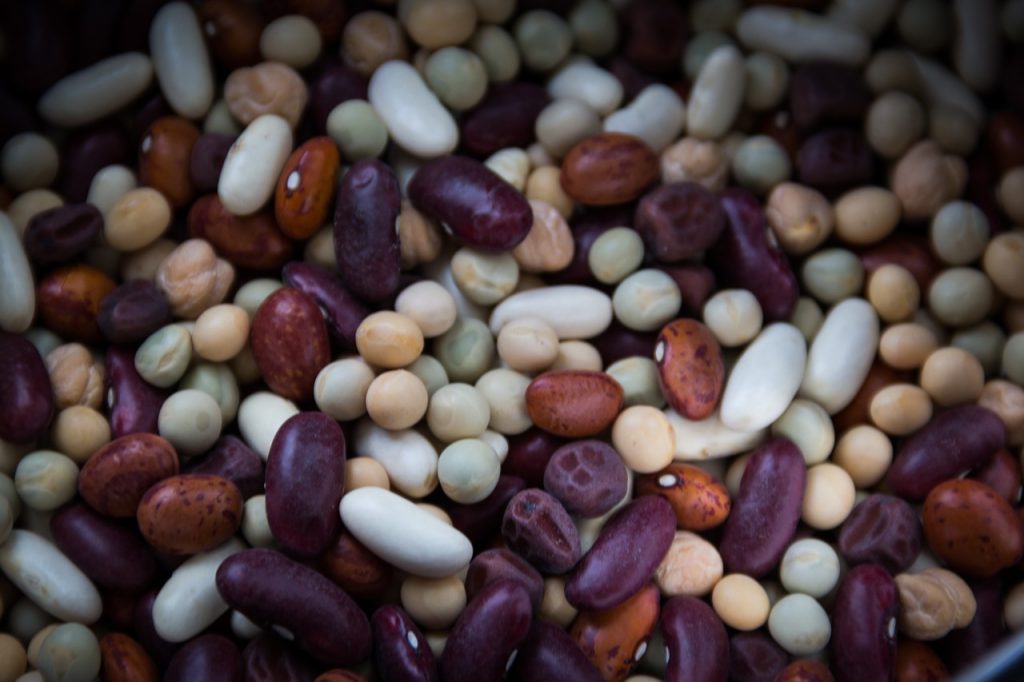
Broad beans are rich in L-dopa, the precursor module to dopamine. Eating these beans on a regular basis can naturally raise dopamine levels, especially in people with Parkinson’s Disease – a movement disorder that is caused by low dopamine levels.
One study into people with Parkinson’s Disease found that consuming 250 grams of cooked fava beans significantly raised dopamine levels and reduced symptoms – even one to two hours after eating a meal.
4. Get Enough Sleep

Dopamine is released in large amounts during the morning when it’s time to wake up and start your day. Levels of dopamine naturally fall in the evening as sleep time commences.
Lack of sleep can disrupt these natural rhythms and the availability of dopamine receptors is dramatically reduced by the next morning. Dopamine is known to promote wakefulness, reducing the sensitivity of receptors and making it easier to fall asleep, especially if you are experiencing insmonia.
If you have less dopamine then side effects such as reduced concentration and poor coordination can occur. For balanced dopamine levels, ensuring you are getting regular, high-quality sleep is essential. This also helps you to feel more alert and high-functioning throughout the day.
The recommendation from the National Sleep Foundation is to get at least 7-9 hours of sleep every night for optimal health and proper sleep hygiene.
5. Listen To The Music Of Your Youth

When you listen to music, it’s a fun way to stimulate the release of dopamine in the brain. Listening to music has been found to increase the activity in the reward and pleasure centres of the brain. These are areas rich with dopamine receptors.
One small study that investigated the effects of music when on dopamine, found that there was a 9% increse in dopamine levels when people listened to instrumental songs that gave them chills. Listening to music has also been shown to help people with Parkinson’s disease and in their ability to improve their fine motor control.
It’s important to listen to the music of your youth as this can stimulate the neural pathways in the brain, making it easier to remember memories.
So far, all studies on music and dopamine have used instrumental tunes. This ensures any increase in dopamine is due to the melodic music – not just specific lyrics. Further research is now required to determine if songs with lyrics have the same or even greater effects.
6. Meditation

Starting a meditation practice is one of the best ways to naturally improve your mental health. Stilling the mind, going within and practicing non-attachment to thoughts all help to keep you in the present moment.
New research suggests that these benefits are due to increased levels of dopamine in the brain. There is also a 64% increase in dopamine production after meditating for one hour, when compared to resting quietly according to one study.
These changes in the brain are believed to help meditators maintain a positive mood and to focus on staying in a meditative state for longer periods of time. It’s unclear however, whether the boost of dopamine only occurs in experienced meditators or if they occur in people who are new to the practice as well.
7. Exercise

Exercise is highly recommended for boosting moods and improving endorphin levels. Even after as little as 10 minutes of aerobic activity, improvements in mood can be seen. However, moods are highest after 20 minutes. The effects may not be completely due to changes in dopamine levels, yet animal research suggests that exercise can boost dopamine levels within the brain.
One three-month study found that people performing yoga six days a week significantly increased their dopamine levels. Partaking in frequent aerobic exercise can also benefit Parkinson’s Disease patients. Several studies show that regular intense exercise several times a week can significantly improve motor control in people with Parkinson’s, suggesting this has benefits on the dopamine system.
Boxing training in a gym in particular may benefit people with Parkinson’s Disease. Published medical research shows that forced, intense exercises such as boxing may reduce, reverse and even delay Parkinson’s symptoms. Case studies show it may help to improve patients with mild Parkinson’s Disease symptoms in particular.
8. Get Enough Sunlight

Lack of sunlight exposure can lead to reduced levels of dopamine and other mood-boosting neurotransmitters. One study of 68 healthy adults found that those who received the most sunlight exposure over a period of 30 days, had the highest level of dopamine receptors in the reward and movement regions of their brain.
Sun exposure can boost dopamine levels and improve moods, yet it’s also important to follow safety guidelines and ensure you don’t get too much as the sun can also be harmful if exposing your skin for a long time.
Going out into the midday sun for an hour or so is essential. Building this up during peak hours is recommended.
9. Take Probiotics
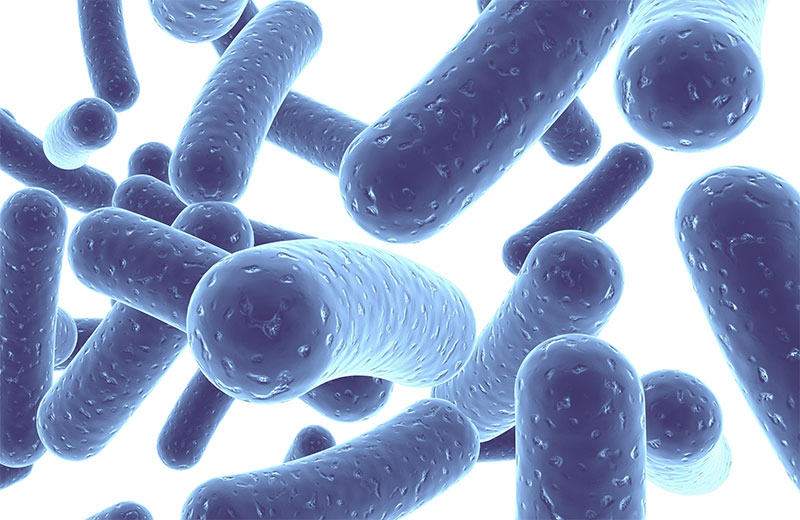
The gut is known as the ‘second brain’ and in recent years, scientists have discovered that the two are closely linked. The gut contains a large number of nerve cells that produce neurotransmitter signalling molecules, including dopamine.
Certain species of bacteria can live in your gut that are capable of producing dopamine that can have an impact on moods and behaviours. Several studies also show that certain strains of bacteria can reduce anxiety and depression symptoms in both animals and humans. There is a clear link between moods, probiotics and gut health yet their true role is not really understood.
It’s thought that dopamine production plays an important role in how probiotics affect moods and gut health. Although there is no clearly understood link.
10. Get The Right Nutrients
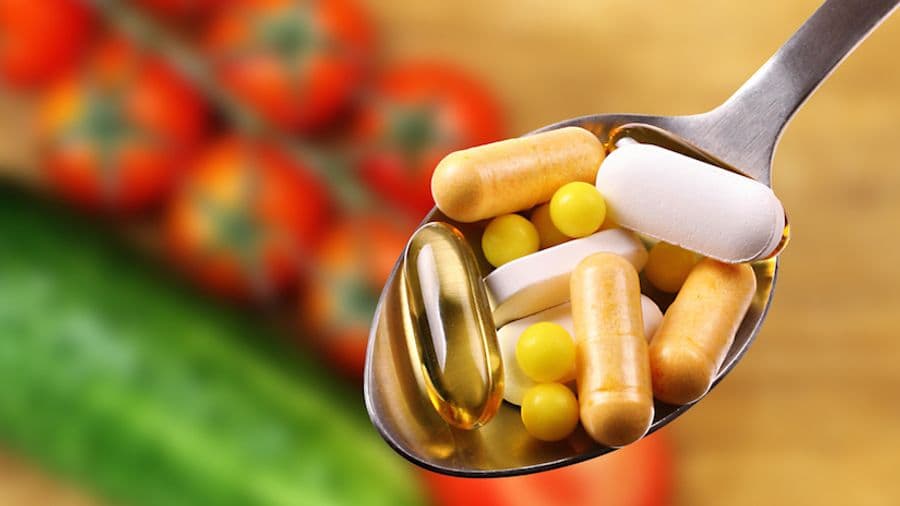
Taking an Omega-3 supplement in particular may be of good benefit to improving dopamine levels. One study published in December 2008 in the “Journal of Affective Disorders” showed a positive correlation between omega-3 fat intake an reduced depression in Parkinson’s disease patients.
In the study, 31 patients with Parkinson’s disease were divided into groups – one group took antidepressants and one group did not. Both groups were given either Omega-3 fatty acids in fish oil or as a placebo.
At the end of the 12 week period, patients who took the fish oil supplements experienced reduced symptoms of depression, even if they were taking antidepressants or not.
Taking Glutathione is highly recommended. Glutathione is a potent antioxidant found in our body’s cells. It’s produced by our bodies and levels naturally decrease with the aging process, along with many diseases including Parkinson’s Disease. Glutathione eliminates these free radicals and when injected intravenously, studies show that it can improve symptoms of early and late stage Parkinson’s Disease in patients.
These methods above are some of the easiest ways you can naturally begin to raise your dopamine levels. Yet one of the moat im
Recommended Examples
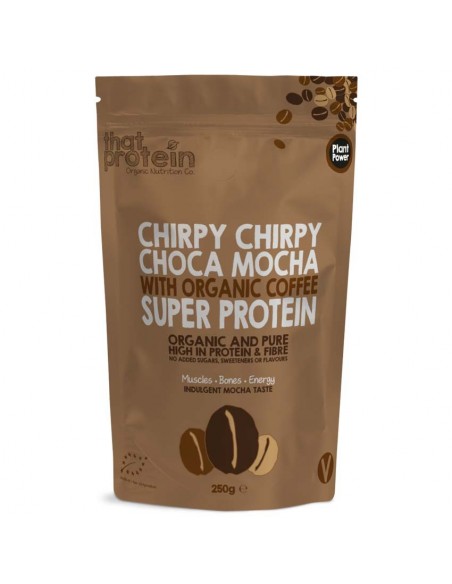 That Protein – A delicious blend of plant protein with organic raw cacao, organic coffee and brown rice protein. Contains antioxidants and minerals including iron, magnesium and copper. Contains 45g of Protein per 100g. May help you to grow and maintin muscles, keep you fuller for longer, uspport weight management and increase alertness and exercise endurance. Available in Blissful Brown Rice and Raw Cacao, Chirpy Chirpy Choca Mocha, Happy Happy Hemp and Baobab, I Heart Pumpkin and Chia Seed and Nutty Nutty Peanut Butter from Good Health Naturally. That Protein – A delicious blend of plant protein with organic raw cacao, organic coffee and brown rice protein. Contains antioxidants and minerals including iron, magnesium and copper. Contains 45g of Protein per 100g. May help you to grow and maintin muscles, keep you fuller for longer, uspport weight management and increase alertness and exercise endurance. Available in Blissful Brown Rice and Raw Cacao, Chirpy Chirpy Choca Mocha, Happy Happy Hemp and Baobab, I Heart Pumpkin and Chia Seed and Nutty Nutty Peanut Butter from Good Health Naturally. |
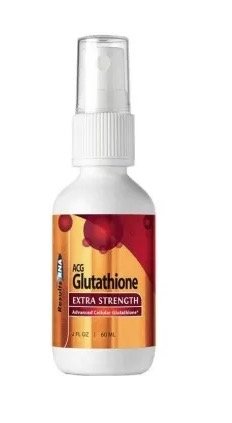 Advanced Cellular Glutahione Extra Strength – A leading evidence-based Glutathione Supplement spray that increases intracellular levels of GSH by over 10% in only 7 hours. GSH regulates all other antioxidants while preventing damage to important cellular components caused by reactive oxygen species, such as free radicals and peroxides. Available from Good Health Naturally. Advanced Cellular Glutahione Extra Strength – A leading evidence-based Glutathione Supplement spray that increases intracellular levels of GSH by over 10% in only 7 hours. GSH regulates all other antioxidants while preventing damage to important cellular components caused by reactive oxygen species, such as free radicals and peroxides. Available from Good Health Naturally. |
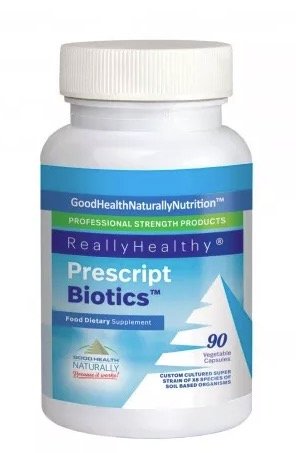 Prescript-Biotics™ – Contains 8 Bio-Idential SBO (soil based organisms) of Probiotics Consortia essential to support the growth of all natural, friendly microorganisms that help to renew and create a healthy rebalance between the good and bad gut bacteria. May support stronger digestion, immunity and overall health. Take one capsule a day, 30 minutes before a meal or snack with 6-8oz of juice or purified water. Available from Good Health Naturally. Prescript-Biotics™ – Contains 8 Bio-Idential SBO (soil based organisms) of Probiotics Consortia essential to support the growth of all natural, friendly microorganisms that help to renew and create a healthy rebalance between the good and bad gut bacteria. May support stronger digestion, immunity and overall health. Take one capsule a day, 30 minutes before a meal or snack with 6-8oz of juice or purified water. Available from Good Health Naturally. |
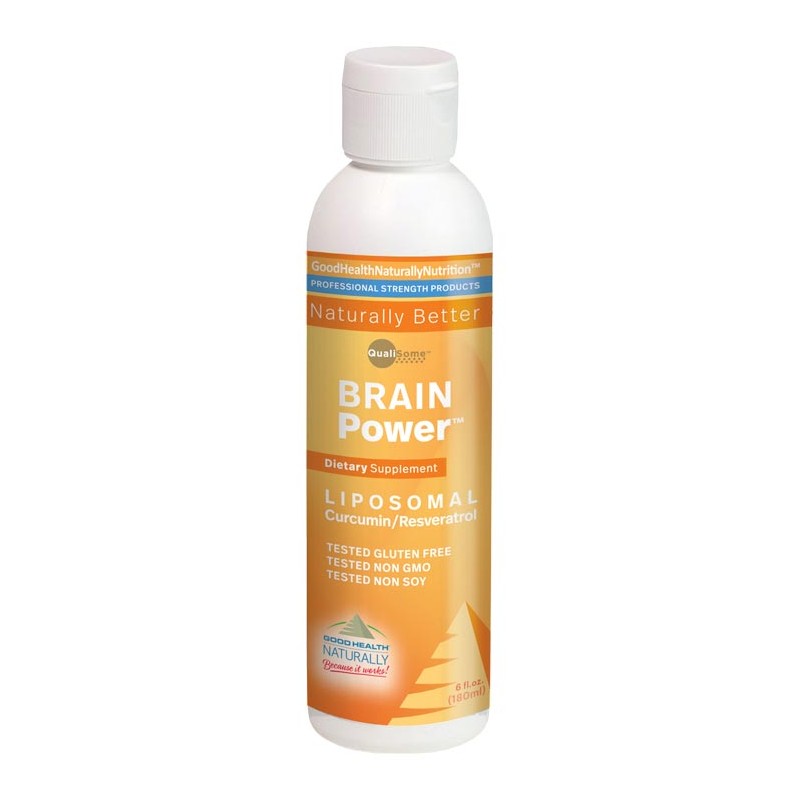 BrainPower™ – Liposomal Curcumin/Resveratrol formula. May provide natural anti-inflammatory protection, increased antioxidant activity and is formulated to maximise nutrient strength. Available from Good Health Naturally. BrainPower™ – Liposomal Curcumin/Resveratrol formula. May provide natural anti-inflammatory protection, increased antioxidant activity and is formulated to maximise nutrient strength. Available from Good Health Naturally. |
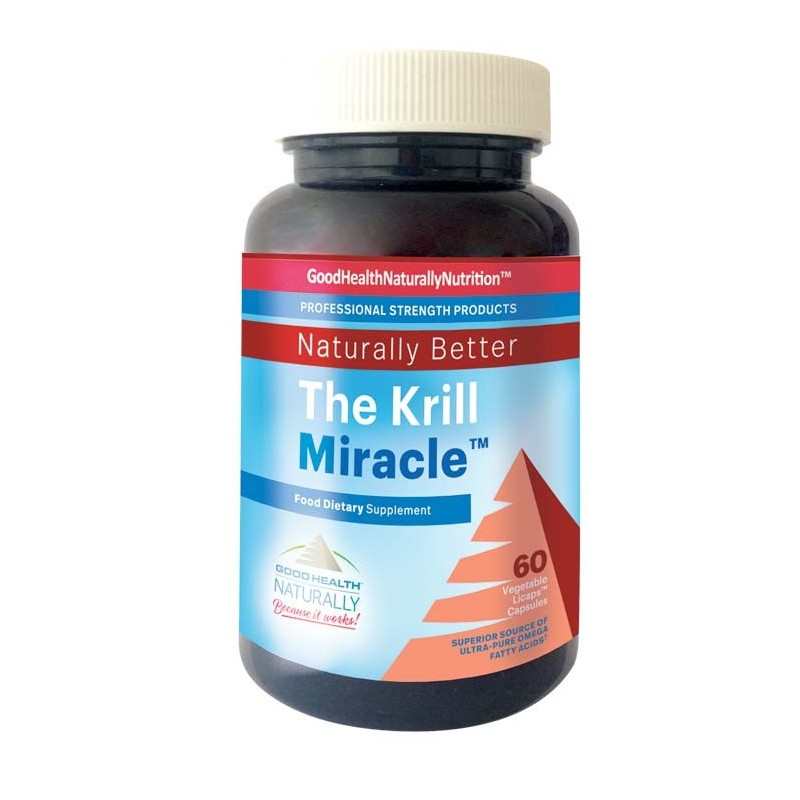 The Krill Miracle™ – A blend of ultra-pure omega fatty acids formulated to promote wellness and longevity. Contains high strength DHA/EPA that supports anti-inflammatory processes, while maintaining normal cholesterol lipids. May aid cardiovascular health, joint mobility, brain function and skin health. Available from Good Health Naturally. The Krill Miracle™ – A blend of ultra-pure omega fatty acids formulated to promote wellness and longevity. Contains high strength DHA/EPA that supports anti-inflammatory processes, while maintaining normal cholesterol lipids. May aid cardiovascular health, joint mobility, brain function and skin health. Available from Good Health Naturally. |





